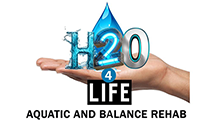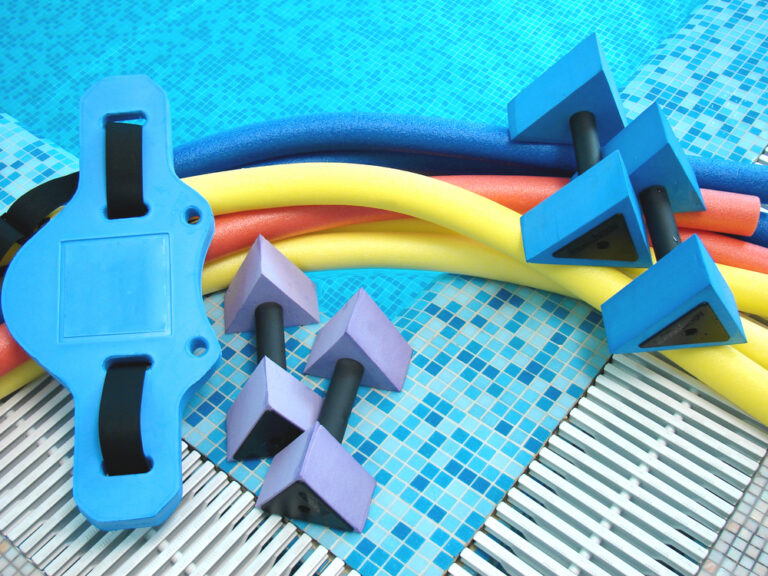Common Conditions Treated with Aquatic Therapy
Aquatic therapy is a versatile and effective treatment option for a variety of conditions, offering unique benefits due to the properties of water. At H2O4Life, we specialize in providing top-notch aquatic therapy services tailored to the specific needs of our clients. Understanding the common conditions treated with aquatic therapy can help you determine if this therapeutic approach is right for you or your loved ones. Here’s an in-depth look at how aquatic therapy can address various health issues.
- Arthritis
Overview: Arthritis, including osteoarthritis and rheumatoid arthritis, is characterized by joint inflammation, pain, and stiffness.
Benefits of Aquatic Therapy:
- Reduced Joint Pain: The buoyancy of water supports the body, reducing stress on joints and alleviating pain.
- Improved Mobility: Warm water helps to relax muscles and increase joint flexibility, making it easier to move.
- Enhanced Strength: Water resistance provides a gentle yet effective way to strengthen muscles around affected joints.
Aquatic therapy is particularly beneficial for arthritis patients, providing a safe and supportive environment for exercise.
- Chronic Pain
Overview: Chronic pain can result from various conditions, including fibromyalgia, lower back pain, and complex regional pain syndrome (CRPS).
Benefits of Aquatic Therapy:
- Pain Relief: The hydrostatic pressure of water helps to reduce pain and swelling.
- Relaxation: Warm water promotes relaxation, reducing muscle tension and stress.
- Improved Functionality: Gentle water exercises can enhance overall functionality and quality of life.
Patients with chronic pain often find significant relief through regular aquatic therapy sessions.
- Post-Surgical Rehabilitation
Overview: Recovery after surgery can be a challenging process, often requiring physical therapy to regain strength and mobility.
Benefits of Aquatic Therapy:
- Reduced Swelling: Hydrostatic pressure helps to reduce post-surgical swelling and edema.
- Safe Exercise: Water’s buoyancy reduces the risk of injury, allowing for safe exercise and faster recovery.
- Improved Range of Motion: Gentle movements in water can help restore flexibility and strength without placing undue stress on the surgical site.
Aquatic therapy is ideal for post-surgical patients, offering a supportive and effective way to rehabilitate.
- Neurological Conditions
Overview: Neurological conditions such as stroke, multiple sclerosis (MS), and Parkinson’s disease can significantly impact mobility and muscle function.
Benefits of Aquatic Therapy:
- Enhanced Mobility: The resistance of water provides a safe environment to improve coordination and balance.
- Muscle Strengthening: Water exercises help strengthen muscles without overexertion.
- Therapeutic Environment: The calming properties of water can help reduce spasticity and improve overall well-being.
Patients with neurological conditions can benefit greatly from the therapeutic effects of aquatic therapy.
- Sports Injuries
Overview: Athletes often sustain injuries that require rehabilitation to restore full function and prevent future issues.
Benefits of Aquatic Therapy:
- Accelerated Healing: Water’s buoyancy reduces stress on injured areas, promoting faster healing.
- Safe Strength Training: Resistance exercises in water help rebuild strength and endurance safely.
- Injury Prevention: Aquatic therapy can help improve flexibility and strength, reducing the risk of future injuries.
Aquatic therapy provides a comprehensive approach to sports injury rehabilitation, ensuring athletes return to peak performance.
- Pediatric Conditions
Overview: Children with conditions such as cerebral palsy, developmental delays, and autism can benefit from specialized therapeutic interventions.
Benefits of Aquatic Therapy:
- Fun and Engaging: Water activities are enjoyable for children, making therapy sessions more effective.
- Improved Motor Skills: Aquatic exercises help develop gross and fine motor skills in a supportive environment.
- Increased Confidence: Success in water-based activities can boost a child’s confidence and self-esteem.
Aquatic therapy offers a unique and engaging way to address pediatric conditions, promoting overall development.
- Cardiovascular Health
Overview: Cardiovascular conditions, including heart disease and hypertension, require careful management and exercise.
Benefits of Aquatic Therapy:
- Low-Impact Exercise: Water exercises provide cardiovascular benefits without straining the heart.
- Improved Circulation: The pressure of water can enhance blood circulation and reduce blood pressure.
- Safe Environment: The buoyancy of water supports the body, making exercise safer for individuals with cardiovascular concerns.
Aquatic therapy is an excellent option for improving cardiovascular health through safe and effective exercise.
Conclusion
Aquatic therapy offers a wide range of benefits for various conditions, providing a safe, supportive, and effective treatment option. At H2O4Life, we are dedicated to helping our clients achieve their health goals through personalized aquatic therapy programs. Whether you’re dealing with chronic pain, recovering from surgery, or managing a neurological condition, aquatic therapy can help you improve your quality of life.
For more information about our aquatic therapy services and to see how we can help you, visit www.h2o4life.net. Discover the healing power of water and take the first step towards better health and wellness with H2O4Life.



